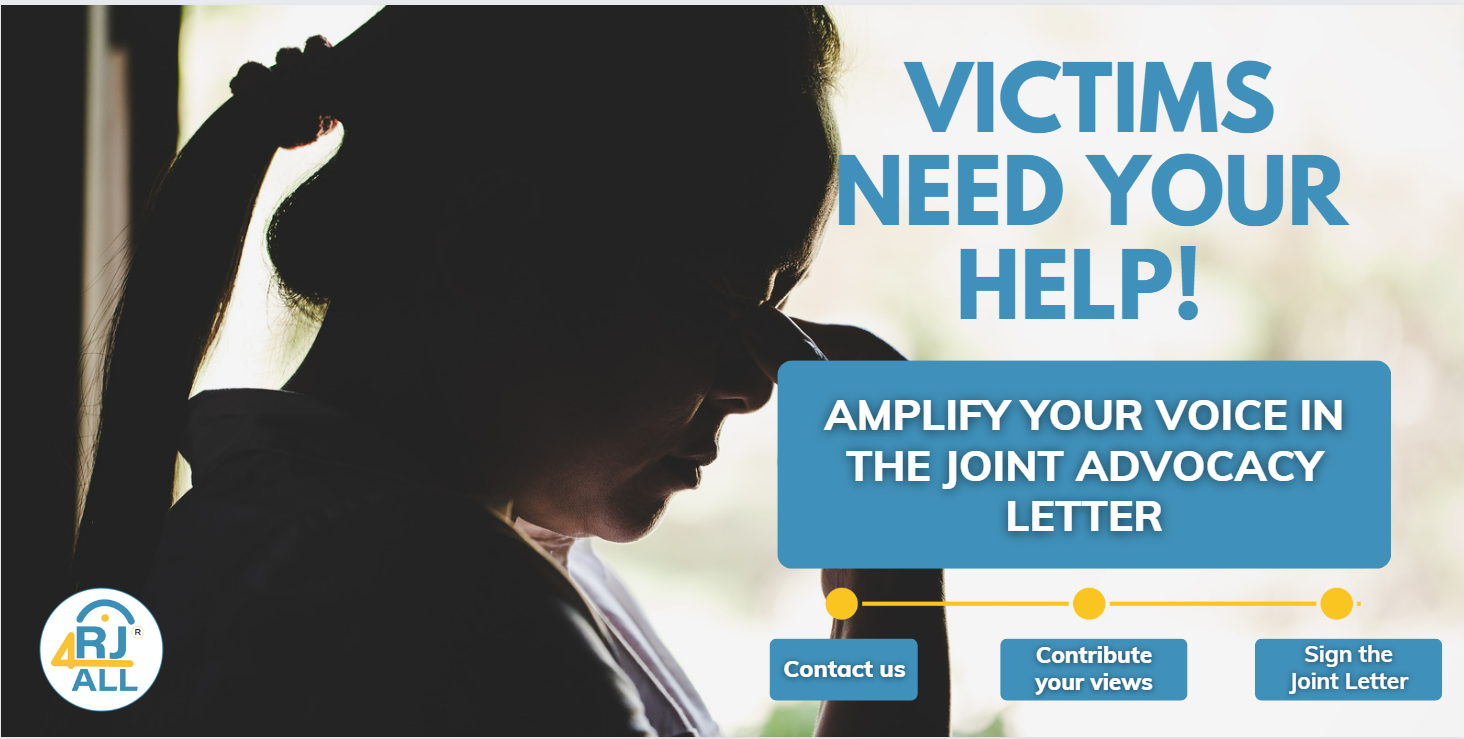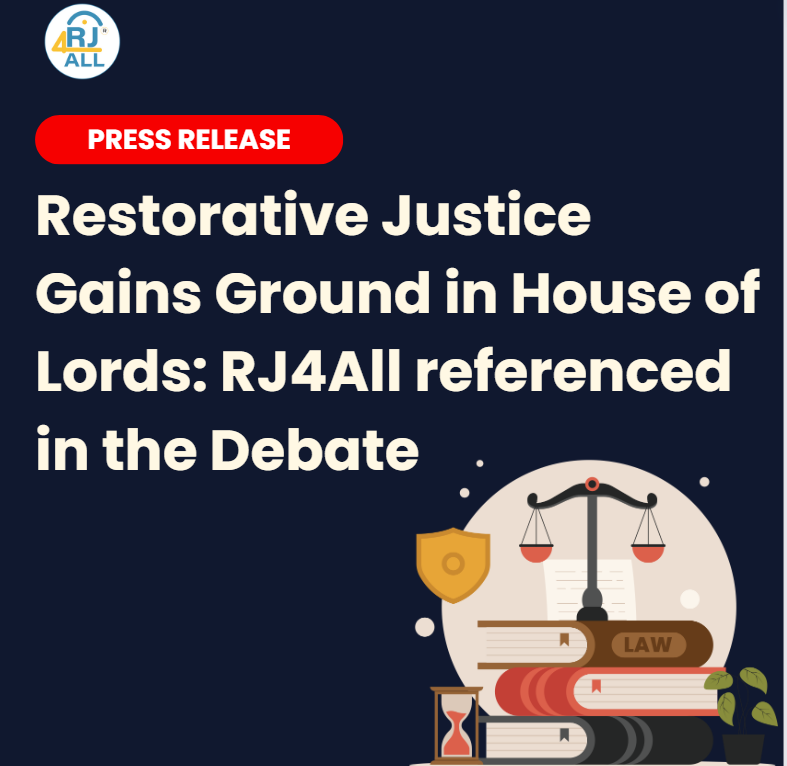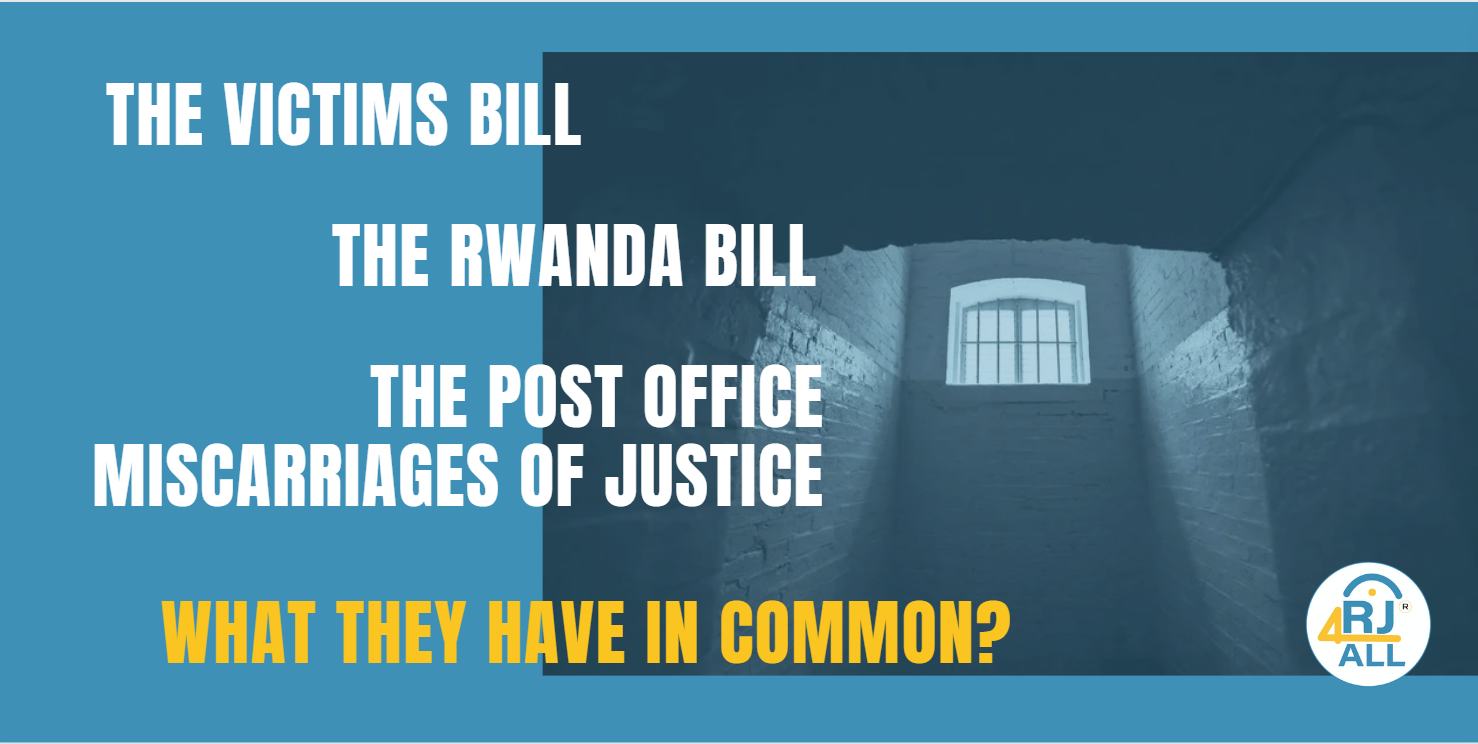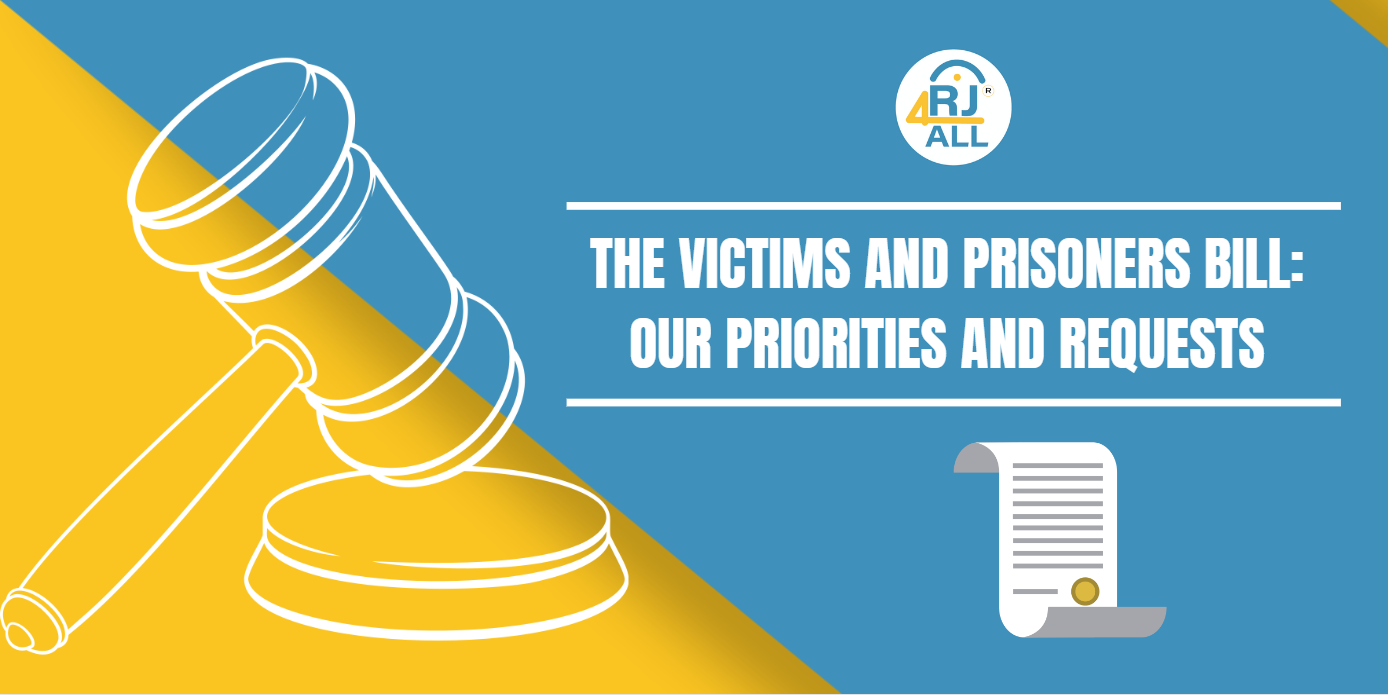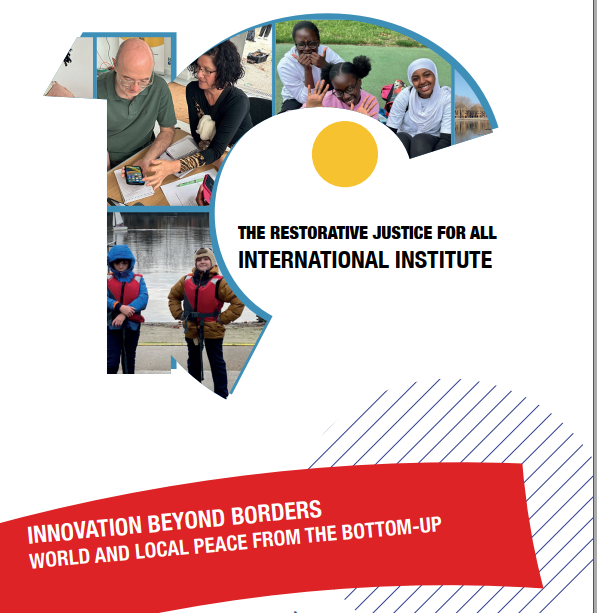As ‘Black History Month’ 2023 comes to a close, this article aims to critically analyse the current state of Black History Month. ‘Black History Month’ in the UK is a powerful display of the contributions made by Black people to history, art, politics, science and much more. However, the authenticity and impact of ‘Black History Month’ are greatly limited in two core ways: Firstly, our understanding of Black history is too often focused on events directly linked to Western colonisation, such as slavery and the American civil rights movement. This in no way encapsulates the richness of Black African history before imperialism. Secondly, superficial celebrations of ‘Black History Month’ can often act as a guise to sweep to one side the real problems disproportionately affecting the Black community. With this article, I hope to inspire a deeper understanding of Black history in a way which is not directly linked to imperialism. I will also discuss how to make Black History Month far more meaningful by having real conversations with the aim of repairing cultural and racial harms.
Adding Meaning to Black History Month
Adding Meaning to Black History Month
A blog written by Noor Etienne-Richards, RJ4All Intern

As a brief sidenote, it is important to clarify what is meant by ‘Black’. The concept of ‘race’ and ‘racism’ was a product of the European Enlightenment period from the 17th – 18th century (Bouie, 2018). This period promoted a colour coordinated method to determine the value of humans, thus humans were grouped based on superficial phenotypical characteristics and placed on a hierarchical scale of least valuable to most valuable. Thus, in many ways the term ‘Black’ may be considered a term without real meaning, referring to the visible similarities in skin tone but disregarding the differences in histories, cultures, and experiences. Nevertheless, in this article, when the words ‘Black’ or ‘Black history’ are used, I am specifically referring to those of African descent and African History, and within the first section, the terms are referenced to touch on history before the interception of colonisation.
The origins of ‘Black History Month’
The origins of ‘Black History Month’ (BHM) stem from the U.S. and was started by African American Historian, Carter G. Woodson. It initially began as ‘Negro History Week’ and was a way to recognise the contributions made by African Americans to U.S. history. This later developed into a month in 1976 (History, 2010). This celebration later travelled to the UK and was implemented by Akyaaba Addai-Sebo in 1987 and is celebrated every year in October with the aim of facilitating an understanding of Africa and those of African descent (Enahoro, 2023). Similarly, to other weekly and monthly celebrations of marginalised communities, BHM recognises the achievements and journeys of prominent Black figures. It gives us the opportunity to celebrate multiculturalism and diversity. It also gives space for deeper intersectional analyses of humans and the history of humanity which can help to explain the differences in our own experiences and how we perceive the world.
‘Black History Month’ in Practice
Although in theory, the intention behind BHM is positive, this is not always well translated in practice. This is due in many ways to a lack of genuine knowledge and understanding of the community that is being celebrated. In an ethnographic study of the treatment of Black students during BHM, Doharty found the experience was not as positive as one might initially assume. Black students faced a combination of micro- invalidation, micro-insults, and micro-assaults. Doharty argues that this was a clear reflection of the wider societal structures that frequently uphold similar responses to marginalised communities (Doharty, 2019). There is also the element of a lack of knowledge surrounding how to teach and communicate ideas around Black and African history. 74% of primary and secondary schools ‘do not’ or ‘rarely’ teach Black British History (Siblon, 2005). Thus, in recent years BHM has become a superficial display of support for mainstream Black (often African American) political figures such as Martin Luther King and Rosa Parks. It is important to highlight this is not necessarily bad because these are people who should be celebrated for their tireless work in promoting human rights. However, this can become harmful in two ways: a) when the celebration is limited in scope, and b) when the celebration is paired with inaction.
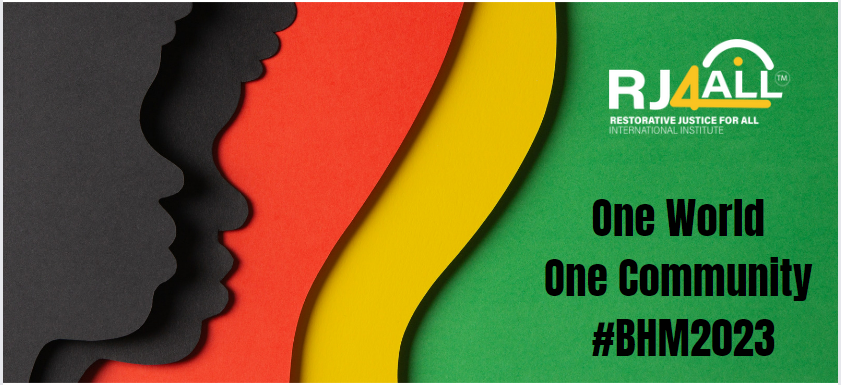
The Issues surrounding ‘Black History Month’
BHM does not go far or deep enough into Black history. It references Black history in the confined bounds of violence and struggles at the hands of dominant capitalist imperialist ideology, thus ignoring the true richness of African history. For example, many people have no knowledge of the Dogon people in Mali who had extensive cosmological knowledge about the Sirius star system, which later became known to the Western world (Nwabueze, 2022). During the 15th and 16th century the city of Timbuktu was a hub of world leading research and a religious centre. Timbuktu held a plethora of schools and universities teaching Islamic studies, medicine, mathematics, astrology, and law (National Geographic, 2023). Another example of the unknown abundance of African history is the powerful Kush Kingdom located in Nubia which lasted for over 14,00 years. The Kush people were massively successful traders, and the Kush Kingdom was rich in gold, emerald mines, ivory, incense, and farmland (Sikainga, Collins, Spaulding, Al-Shahi, & Sabr, 1999). These brief examples show the extensive depth of Black African history, most of which is unknown to the large majority of people, and never reaches wider society, even during BHM.
The second way BHM can be problematic is when it is used as a celebratory facade to distract from real harms plaguing the Black community. Often BHM can be used as a screen which suggests that because there have been significant strides made in Black civil rights, we magically live in a utopic society where racism, both, institutionally and individually, do not exist. Sadly, this is not case. The ground-breaking Lammy review shed light on the disproportionate treatment of Black people throughout the criminal justice system (Lammy, 2017). Black men specifically are disproportionately and significantly more likely to be arrested and imprisoned compared to their British White counterparts (Lammy, 2017). There is evidence of institutional racism within the Metropolitan police department (MacPherson, 1999). This creates feelings of distrust towards core institutions and results in these communities feeling marginalised. Similarly in Education, there is a vast amount of evidence of teacher’s negative assumptions and perceptions of Black children tied to their race, leading to their underachievement (Gillborn & Mirza, 2000). Shockingly, these problems tied to structural racism can even be found in the healthcare system, with Black women being 3.7 times more likely to die during childbirth than their White counterparts (MBRRACE-UK, 2022). Researchers argue this could be due to unconscious bias, stereotyping, and gaps in communication (American Heart Association News, 2019).
Therefore, when discussing BHM, we must not ignore the very real problems that exist in the world today. Reforms must be made in the form of laws, policies, and changes to the way we view the world and each other. Just because positive steps have been made, does not mean equality exists. This is applicable to any marginalised minority groups which have a time period devoted to celebration – the celebration is fundamentally diminished if it is paired with the complacency of both minority and majority groups. The difficult question becomes ‘how can we make ‘Black History Month’ even more meaningful?’ It is clearly a massive obstacle to overcome, however a step in the right direction can be found in the core principles of restorative justice. Most notably, the teachings of restorative justice can help us facilitate genuine conversations and listen to the real voices of those who are impacted and the steps necessary to repair the harms experienced historically and now.

Bibliography
- American Heart Association News. (2019, February 20). Why Are Black Women at Such High Risk of Dying From Pregnancy Complications? Retrieved from American Heart Association: https://www.heart.org/en/news/2019/02/20/why-are-black-women-at-such-high-risk-of-dying-from-pregnancy-complications
- Bouie, J. (2018, June 5). The Enlightenment's Dark Side: How the Enlightenment created modern race thinking, and why we should confront it. Retrieved from Slate: https://slate.com/news-and-politics/2018/06/taking-the-enlightenment-seriously-requires-talking-about-race.html
- Doharty, N. (2019). 'I FELT DEAD': Applying a Racial Microaggressions Framework to Black Students' Experiences of Black History Month and Black History. Race Ethnicity and Education 22(1), 110-129.
- Enahoro, N. (2023, September 27). Akyaaba Addai-Sebo: the shocking conversation that led him to start UK Black History Month. Retrieved from The Guardian: https://www.theguardian.com/society/2023/sep/27/akyaaba-addai-sebo-the-shocking-conversation-that-led-him-to-start-uk-black-history-month
- Gillborn, D., & Mirza, H. S. (2000). Educational Inequality: Mapping race, class and gender - A synthesis of research evidence. London.
- History. (2010, January 14). Black History Month. Retrieved from History: https://www.history.com/topics/black-history/black-history-month
- Lammy, D. (2017). The Lammy Review: An independent review into the treatment of, and outcomes for, Black, Asian and Minority Ethnic individuals in the Criminal Justice System. London: Lammy Review.
- MacPherson, S. W. (1999). The Stephen Lawrence Inquiry. London.
- MBRRACE-UK. (2022). Saving Lives, Improving Mothers' Care: Lessons learned to inform maternity care from the UK and Ireland Confidential Enquiries into Maternal Deaths and Morbidity 2018-20. Oxford: National Perinatal Epidemiology.
- National Geographic. (2023, October 19). A Guide to Timbuktu. Retrieved from National Geographic: https://education.nationalgeographic.org/resource/guide-timbuktu/
- Nwabueze, T. (2022, December 27). The Dogon People of Mali and Their Connections to the Stars. Retrieved from Linkedin: https://www.linkedin.com/pulse/dogon-people-mali-connection-stars-temidayo-nwabueze-1f/
- Siblon, J. (2005). Black is also British: An investigation into the needs and opportunities for developing Black British history within the schools curriculum in Northamptonshire. Northamptonshire Black History Project and University College Northampton.
- Sikainga, A. A., Collins, R., Spaulding, J., Al-Shahi, A., & Sabr, M. e. (1999, January 25). The Kingdom of Kush. Retrieved from Britannica: https://www.britannica.com/place/Sudan/Ismail-Pasha-and-the-growth-of-European-influence
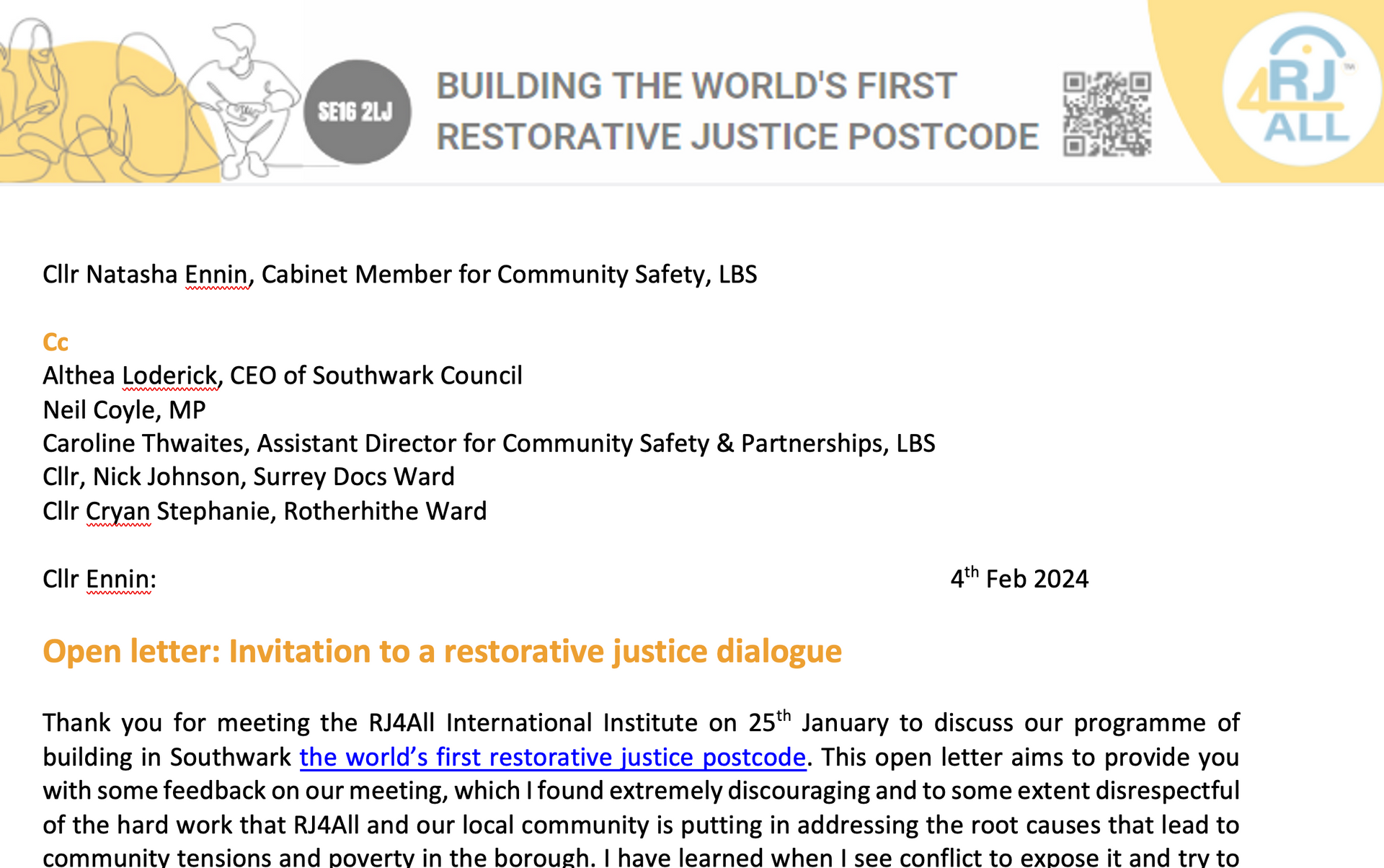
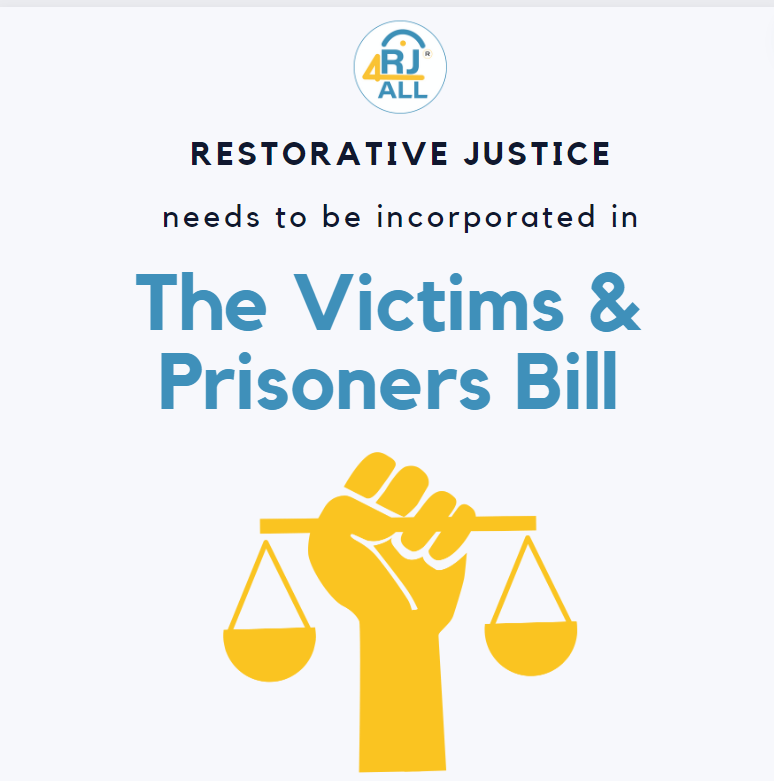

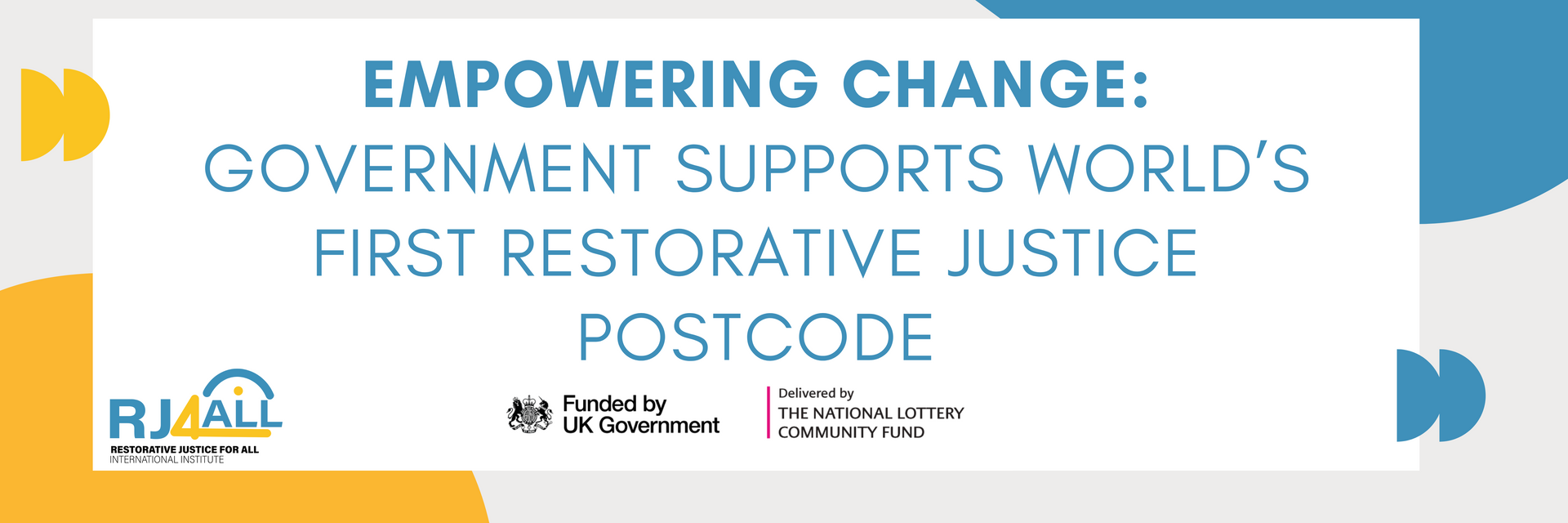

Restorative Justice for All International Institute (RJ4All)
The RJ4All Rotherhithe Community Centre, 30 Plough Way London SE16 2LJ, UK
admin@rj4all.org | +44(0)7708758600 or 07795678904
